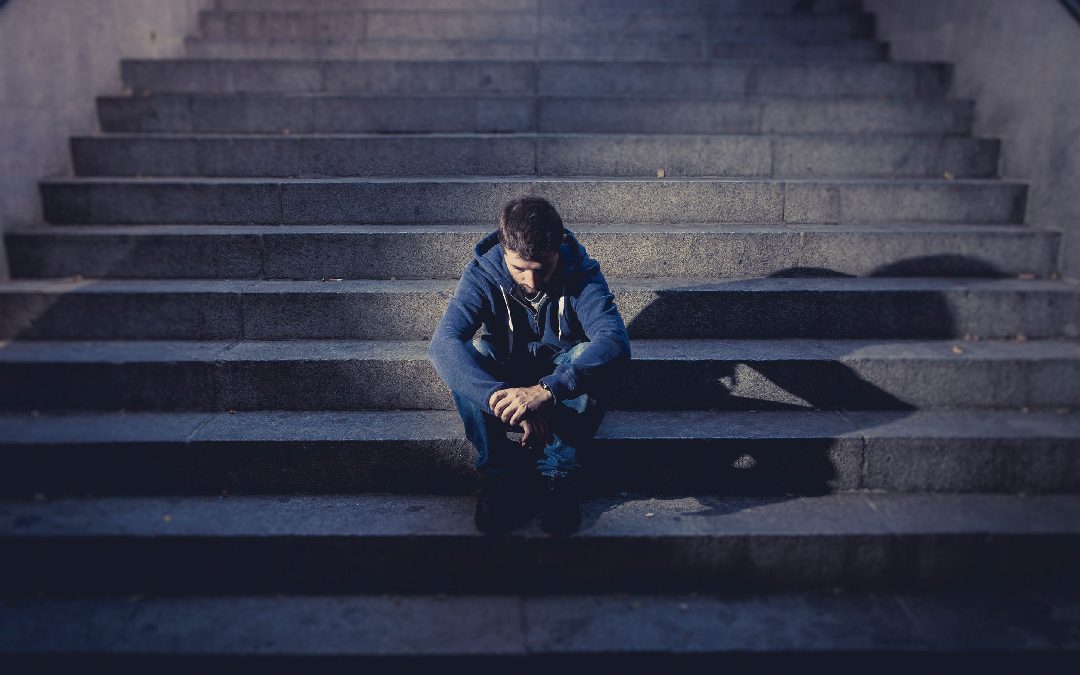 How recently have you heard someone mention depression? Likely not that long ago. Perhaps you’ve seen a Facebook post or read about it in an article. It is hard to go a week without mention of it. Decades ago, people would have experienced bouts of low mood during...
How recently have you heard someone mention depression? Likely not that long ago. Perhaps you’ve seen a Facebook post or read about it in an article. It is hard to go a week without mention of it. Decades ago, people would have experienced bouts of low mood during...
 You get up in the morning with a dull headache. OMG! You had plans to conquer the world today. Well, it happened to me last Saturday morning. My Saturdays are designated to either indoor house chores or outdoor garden work. This particular Saturday I had a list of...
You get up in the morning with a dull headache. OMG! You had plans to conquer the world today. Well, it happened to me last Saturday morning. My Saturdays are designated to either indoor house chores or outdoor garden work. This particular Saturday I had a list of...




